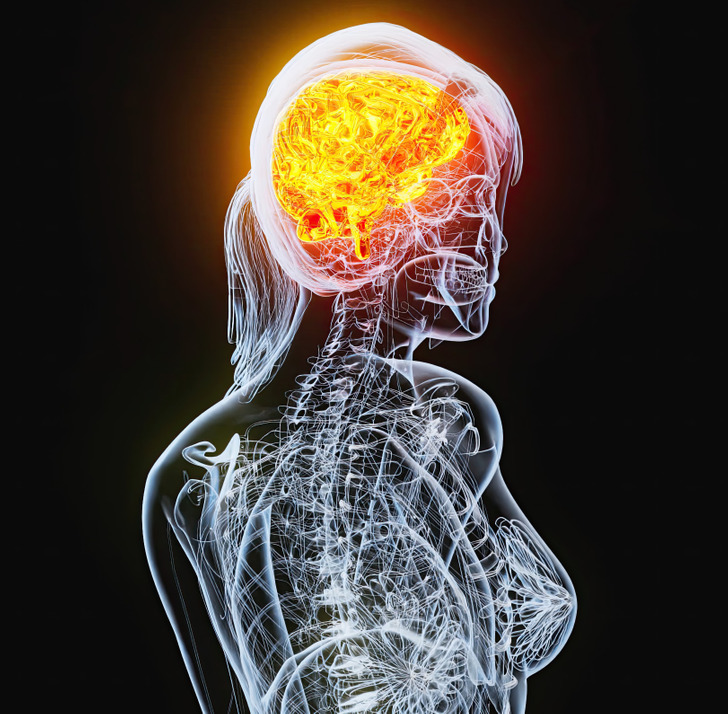I think, I can never earn over which I paid by my precedent employer, but I was wrong, world is so large to try their fate. but now I am making $52/h even more, and easily earn minimum $1300/week, on the experience everyone must try to do work online, easy way to earn, here's an example.
𝐰𝐰𝐰.Richnow1
12 Ways Your Body May Be Telling You That You Have Gluten Sensitivity
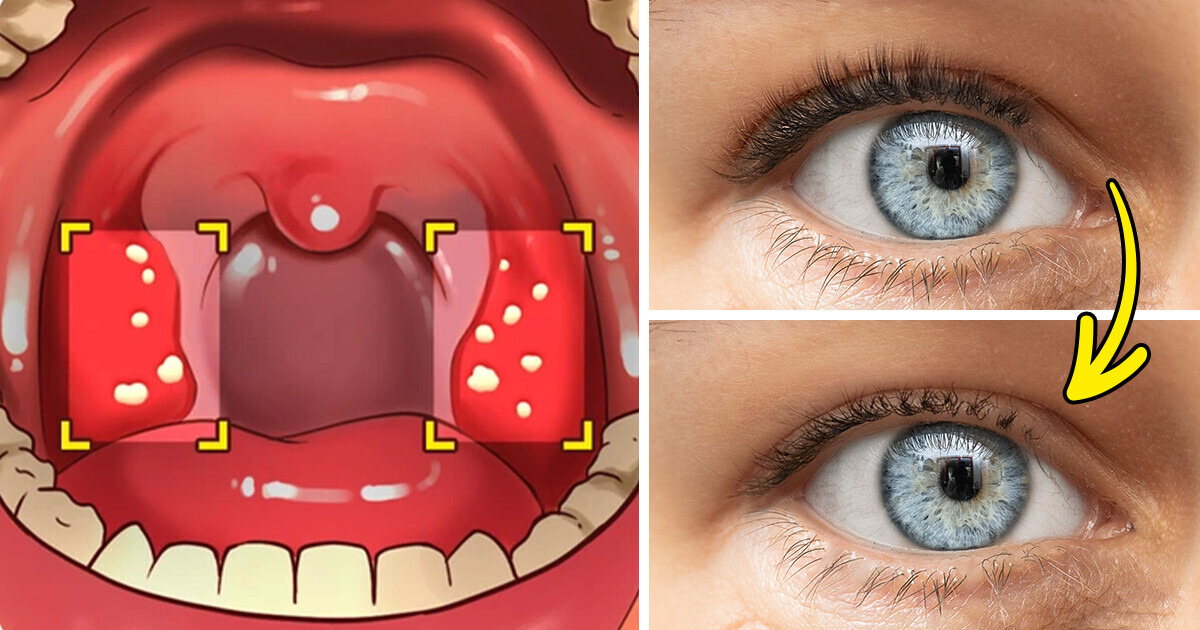
Gluten might appear harmless, but for some individuals, it can silently provoke significant health problems. Often lacking clear warning signs, its impact may remain undetected, potentially causing long-term harm. Recognizing how your body responds to gluten is crucial for safeguarding your overall well-being.
CONTENT IS PROVIDED FOR INFORMATIONAL PURPOSES ONLY AND IS NOT INTENDED AS A SUBSTITUTE OF MEDICAL ADVICE. SEEK GUIDANCE OF YOUR DOCTOR REGARDING YOUR HEALTH AND MEDICAL CONDITIONS.
1. Alopecia
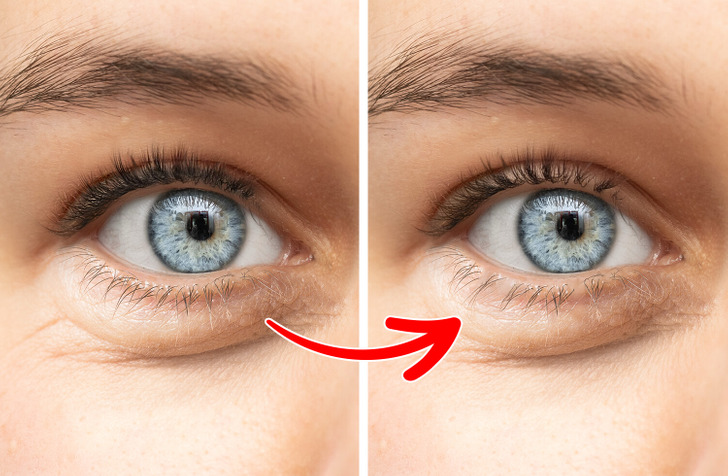
Gluten intolerance, particularly in conditions like celiac disease, can lead to hair loss, including the loss of eyelashes.
Additionally, gluten-induced damage to the small intestine can result in nutrient malabsorption, leading to deficiencies in essential vitamins and minerals like zinc, iron, and biotin, all crucial for healthy hair growth.
2. Issues with the digestive system
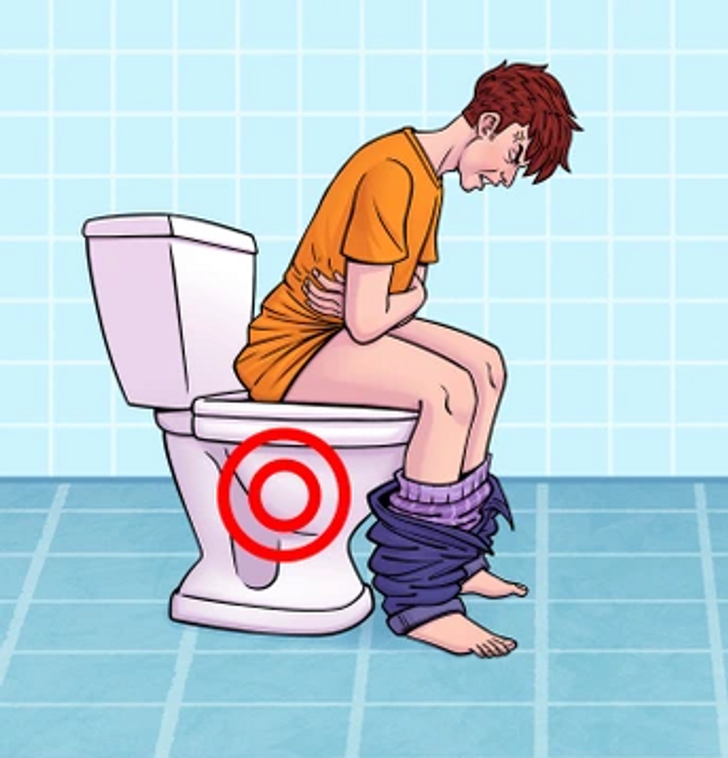
The symptoms of gluten sensitivity predominantly impact the digestive system, manifesting as nausea, bloating, diarrhea, abdominal pain, and sometimes constipation. These symptoms are frequently misinterpreted as signs of other conditions, leading to a common misdiagnosis of irritable bowel syndrome (IBS). Studies estimate that IBS affects 10-15% of the global population. However, for those with gluten sensitivity, such misdiagnoses can delay appropriate treatment, prolonging their discomfort and leaving their symptoms unaddressed.
3. Weight changes

Gluten intolerance can trigger unexpected weight fluctuations, resulting in unexplained weight loss or gain. These changes are often driven by underlying inflammation at the cellular level and disruptions in normal metabolic processes. While abrupt weight changes can signal a range of health concerns, they may specifically suggest gluten intolerance when accompanied by additional symptoms related to nutrient malabsorption, such as fatigue, digestive issues, or deficiencies in essential vitamins and minerals.
4. Hormonal imbalance issues
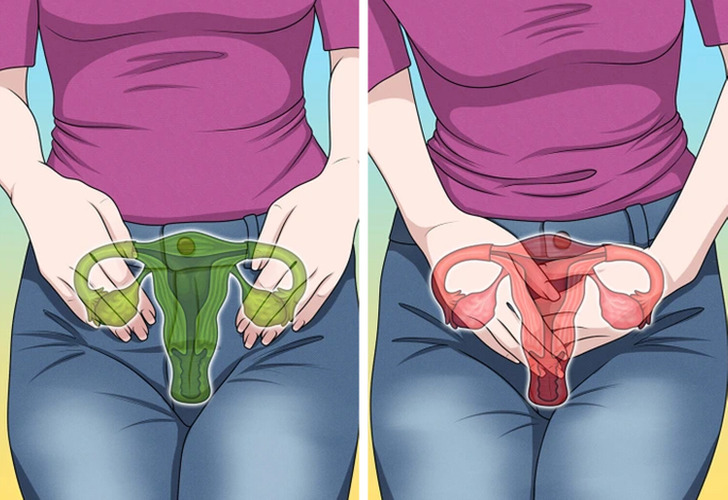
Gluten intolerance is strongly associated with hormonal imbalances, which can present as irregular menstrual cycles, unexpected weight fluctuations, premenstrual syndrome (PMS), and disruptions in sleep patterns. These hormonal irregularities often become more noticeable during pivotal life stages such as puberty, pregnancy, and menopause. Interestingly, these symptoms are most commonly observed in women, underscoring a potential gender-specific aspect of gluten intolerance’s impact on hormonal health.
5. Issues with the central nervous system
Gluten consumption is linked to heightened inflammation and increased intestinal permeability, which can trigger a variety of neurological and psychological symptoms. These include difficulty concentrating, depression, anxiety, insomnia, fatigue, irritability, and the sensation of “brain fog,” where maintaining focus or mental clarity becomes challenging.
Additionally, research suggests that individuals with gluten intolerance are more prone to experiencing migraines than the general population. While headaches can arise from numerous factors, those with gluten sensitivity often report headaches after consuming gluten-containing foods, indicating a possible direct correlation.
6. Skin problems
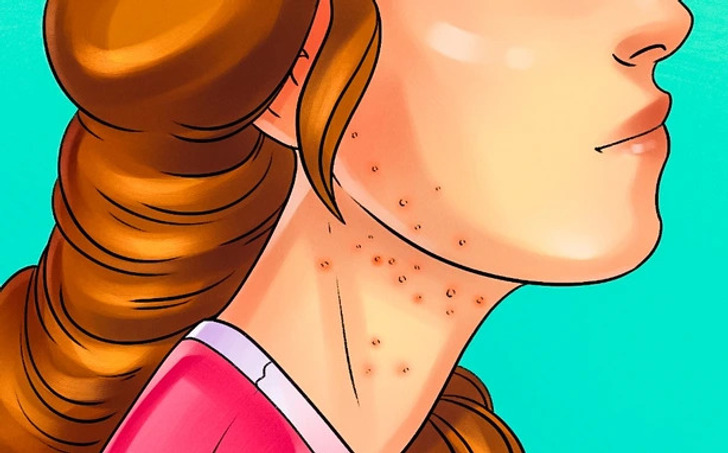
Gluten sensitivity is a chronic condition in which individuals with a genetic predisposition develop intolerance to gluten. Its underlying mechanism is believed to be immune-mediated, and it can present with a range of dermatologic manifestations. Among the various forms of gluten intolerance, celiac disease (CD) is one of the most widespread, with potential effects extending beyond the gastrointestinal tract to include cutaneous, endocrine, neurological, and hematologic systems. Psoriasis, a separate chronic inflammatory skin disorder, has also been associated with marked symptomatic improvement following adherence to a gluten-free diet (GFD).
7. Attention deficit hyperactivity disorder
The findings of this study suggest that a gluten-free diet can significantly improve ADHD symptoms, indicating that untreated celiac disease may increase the risk of mental and behavioral disorders such as ADHD.
8. Poor condition of the teeth
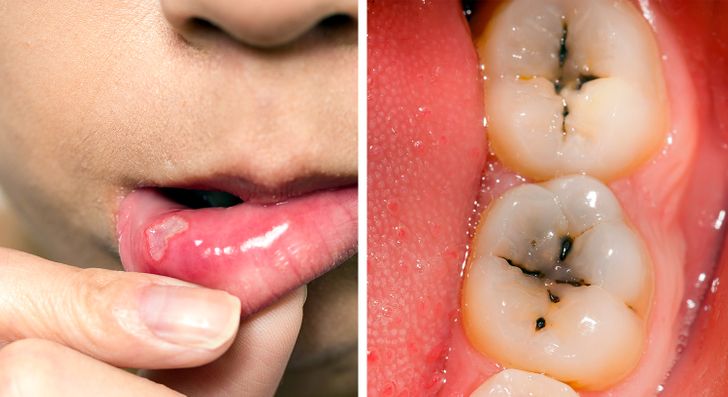
Gluten intolerance can interfere with the absorption of vital nutrients and minerals, including calcium, which is essential for maintaining oral health. This malabsorption can contribute to issues such as enamel hypersensitivity, tooth decay, cavities, and recurrent mouth ulcers. If these dental problems persist despite good oral hygiene practices, gluten consumption could be an underlying factor, indicating a need to evaluate dietary habits and potential gluten sensitivity.
9. Iron deficiency anemia
People with celiac disease often develop iron-deficiency anemia because they cannot adequately absorb iron from their diet. When individuals with celiac disease consume gluten, it triggers an immune response that damages the lining of the small intestine, thereby impairing the absorption of nutrients—including iron.
10. Autoimmune diseases
Many individuals with autoimmune diseases have a history of gluten intolerance, highlighting a potential connection between the two. Celiac disease, a well-known autoimmune disorder, arises when the immune system mistakenly targets the intestinal lining in response to gluten consumption. This condition not only causes significant digestive and systemic issues but also increases the risk of developing other autoimmune diseases. These may include autoimmune thyroiditis, autoimmune liver disease, Crohn’s disease, diabetes, vitiligo, rheumatoid arthritis, and multiple sclerosis, creating a complex interplay between gluten intolerance and broader immune dysfunction.
11. Tonsil stones problem
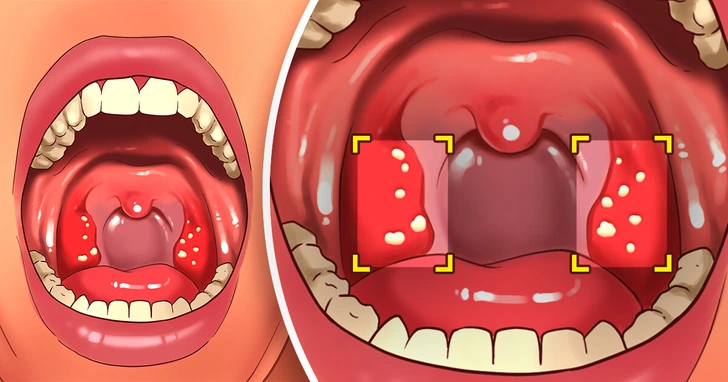
Though not widely researched, clinical observations suggest a potential connection between gluten sensitivity and the occurrence of tonsil stones. Many individuals with gluten sensitivity report frequent tonsil stones, which are collections of debris and bacteria in the tonsils. Interestingly, patients often note a significant reduction or complete resolution of tonsil stones after transitioning to a gluten-free diet, indicating that gluten consumption may play a role in their formation. This correlation warrants further investigation to better understand the relationship.
12. Hair loss

Gluten sensitivity has been linked to hair loss, particularly in individuals with celiac disease. This connection is primarily due to nutrient malabsorption resulting from intestinal damage caused by gluten intake. Essential nutrients like iron, zinc, and biotin, vital for healthy hair growth, may not be adequately absorbed, leading to hair thinning or loss. Additionally, the autoimmune response triggered by gluten can target hair follicles, contributing to conditions such as alopecia areata, characterized by patchy hair loss. Adopting a gluten-free diet has been associated with improvements in hair health for those affected.
How to treat gluten sensitivity?
1. Get Tested: Visit your doctor for a blood test to check for antibodies typically found in the blood of individuals with Celiac disease. To ensure accurate results, it is important to include gluten in your diet before the test.
2. Remove Gluten from Your Diet: Avoid foods containing gluten, such as:
- Wheat
- Rye
- Bulgur
- Flour
- Semolina
- And other gluten-containing items
Always read product labels carefully, and opt for foods marked as “gluten-free” when possible.
Discover more insightful articles on boosting your health and adopting beneficial habits to enhance your overall well-being.
10 Daily Habits That Can Instantly Upgrade Your Life Quality
Comments
Idiopathic peripheral neuropathy should be added to the list.
Related Reads
«I Thought She Couldn’t Lose Weight,» Keely Brosnan Looks Completely Transformed in New Pic

20+ Gifts That Prove It’s the Thought That Truly Counts

I Refuse to Host My Sister—I Don’t Care If She’s Homeless With 3 Kids

I Refuse to Let My Stepdaughter Return Home After She Violated My Trust

My Boss Treated Me Like a Servant Until I Finally Pushed Back

My Family Abandoned Me as a Child—Now They Want Me to Split Costs Equally

15+ People Who Went Shopping for Clothes and Ended Up Starring in Their Own Personal Sitcom
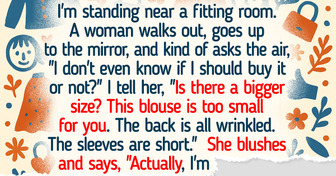
My MIL Accused Me of Ruining Her Grandkids—So I Made Her Pay Publicly

I Posted a Photo During Mental Health Leave—Then HR Called Me In

My Coworker Tried to Humiliate Me, but I Had the Last Laugh Before HR Intervened

I Refuse to Leave an Inheritance to Children Who Treated Me Like a Cash Cow—So I Made One Final Decision

12 Success Stories That Remind Us Office Kindness Is a Quiet Strength We Often Forget

